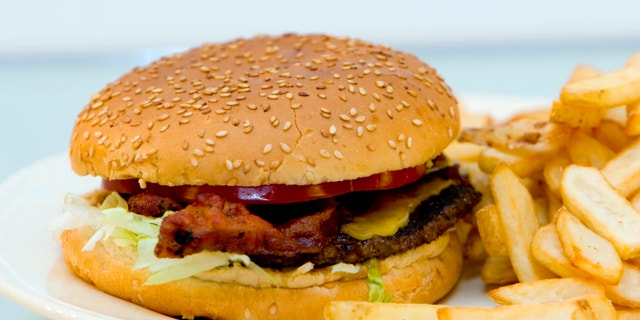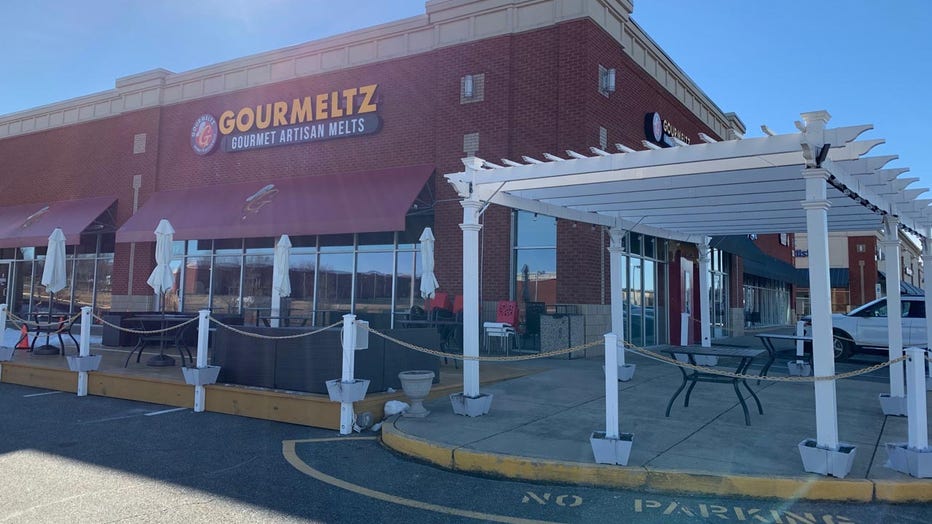Power outage food loss claims | Can Moore County residents get reimbursed for food, other losses due to power outage?
MOORE COUNTY, NC (WTVD) — The power outage in Moore County will lead to residents throwing hundreds of dollars’ worth of food away after days without electricity.
“I just bought a gallon of milk, and I know that won’t be no good after three days,” said Moore County resident Tiffany Gonzales.
Before the power went out Saturday night, her refrigerator and freezer were full of food. “The ice cream I know is gone, everything in here is melted, probably about $200-$300 thrown away as we couldn’t cook it all.”
ABC11 ask Moore County leaders if there will be any reimbursement for these losses?
A representative with Moore County said, “There are no reimbursement available from FEMA or the State for Individual Assistance since there is not a state or federal declaration.
However, the NC Department of Health and Human Services (NCDHHS) confirmed they are in the process of requesting timely reporting and auto/mass replacement Food and Nutrition Services waivers from the USDA.”
When it comes to whether residents can file a claim with Duke Energy, Jeff Brooks says, “When we have situations that are beyond our control that occur those are typically not covered by the claims process, but with that said, Duke Energy is working with local programs in the community to try and provide assistance and support to the community. We will be looking for an opportunity that we can help customers in this area, recognizing that this has been a difficult challenge.” On Tuesday, Duke Energy committed $100,000 to support the needs of the Moore County community.
If you have homeowners or renters insurance, you’ll need to take a look at your policy or call your agent to see if food loss is covered. A representative with Allstate Insurance says, “It’s important to keep in mind that coverage limits typically apply. So, for example, even if you have $700 worth of spoiled food, your homeowner’s insurance policy may only cover up to $500. In addition, you ‘ll usually have to pay a deductible before receiving reimbursement. Limits and deductibles can vary, so be sure to read your insurance policy or ask your agent to learn about the specifics of your coverage.”
If you do decide to file a claim, make sure you document the loss before you throw the food away. Also, take pictures or videos of the food that is spoiled. If you have receipts provide those as part of your claim.
If you don’t have receipts estimate the cost of the food loss.
North Carolina Insurance Commissioner Mike Causey has asked licensed insurance companies to be economically flexible with consumers who have been affected by the Sandhills power outages. “This criminal act has had a significant impact on nearly 45,000 residents,” said Commissioner Causey. “Many folks cannot access their online insurance accounts due to power loss. We are requesting that insurance companies be flexible with customers during this time until power is fully restored.”
In addition, Commissioner Causey has asked the licensed insurance industry to consider the following actions:
- Relax due dates for premium payments
- Extend grace periods
- Waive late fees and penalties
- Consider cancellation or non-renewal of policies only after exhausting other efforts to work with policyholders to continue coverage
In addition, Commissioner Causey is requesting that all insurance agents, brokers and other licensees who accept premium payments on behalf of insurers take steps to ensure that customers can make premium payments in a user-friendly manner. This request applies solely to individuals who have been directly affected by this incident, rather than a blanket insurance payment holiday for everyone.
Copyright © 2022 WTVD-TV. All Rights Reserved.



